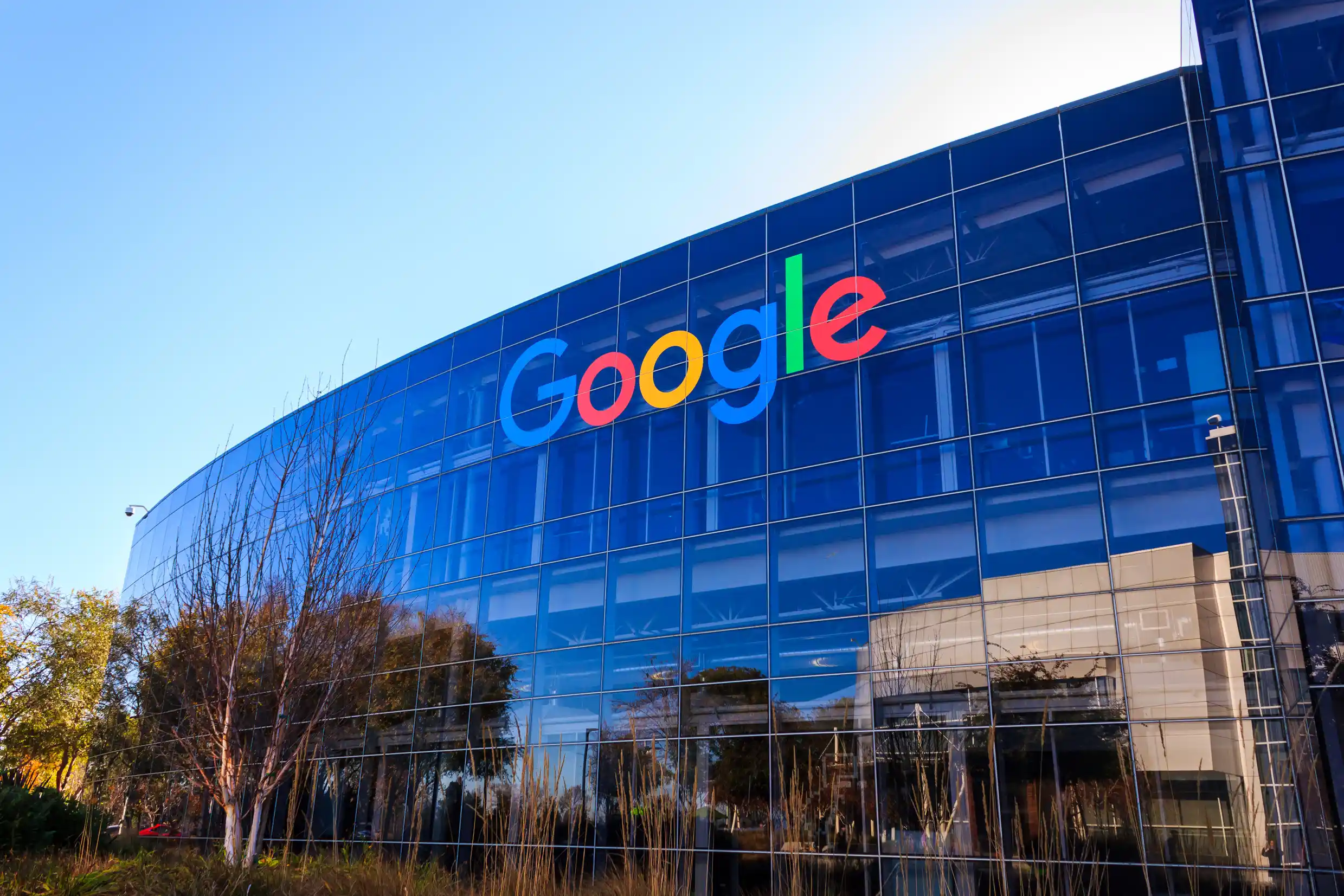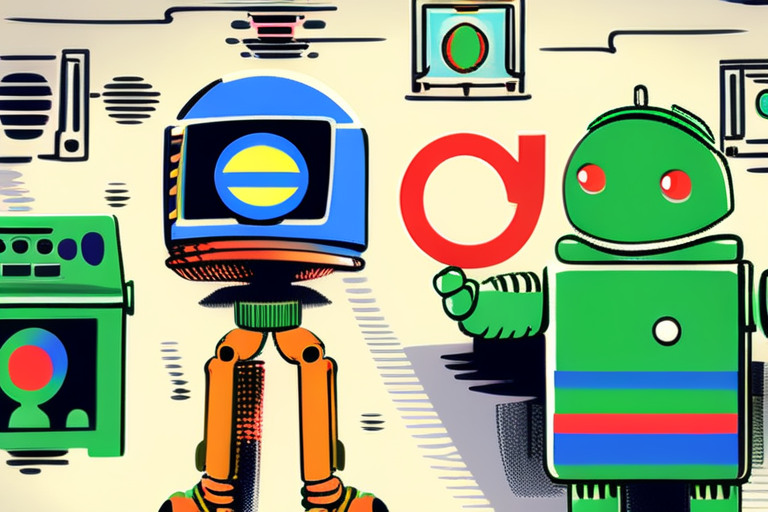The Vanishing Act: How Google's AI Overviews Are Changing the Way We Search
Imagine typing a query into Google, expecting to find relevant results from reputable sources. But instead, you're met with a neat little summary of various reporting, courtesy of artificial intelligence (AI). The problem is, this AI-generated overview often contains incorrect information or links to websites you wouldn't trust with your most sensitive data.
For Emily Chen, a freelance journalist, this phenomenon has become all too familiar. "I was researching a story on the latest advancements in renewable energy," she recalls. "But when I searched for relevant articles, Google's AI summary kept pointing me to clickbait sites and outdated news pieces. It was frustrating, to say the least."
Chen is not alone. Publishers and websites across the globe have reported significant traffic drops and lower search rankings since Google's recent algorithm update. Dubbed "Google Zero" by some, this shift towards AI-generated overviews has left many wondering: what's happening to our search results?
The Rise of AI Overviews
Google's use of AI in search results is not new. The company has been experimenting with AI-powered summaries for a couple of years now. However, the most recent update has taken this trend to the next level. When you search for something, Google's algorithm now generates a concise summary of various reporting, often from multiple sources.
While this might seem like a convenient feature, it raises important questions about the reliability and accuracy of AI-generated content. "AI overviews can be misleading," warns Dr. Rachel Kim, an expert in natural language processing (NLP). "They're generated based on patterns and associations learned from large datasets, which can lead to errors or biases."
The Impact on Society
The implications of Google's AI overviews go beyond just search results. They have significant consequences for the way we consume information and interact with online content.
For one, AI-generated summaries can perpetuate misinformation and disinformation. "When AI overviews link to untrustworthy sources, it creates a feedback loop that reinforces false narratives," notes Dr. Kim. This can be particularly problematic in today's polarized media landscape, where the spread of misinformation can have serious real-world consequences.
Furthermore, Google's reliance on AI-generated content raises questions about authorship and accountability. "Who is responsible for the accuracy of these summaries?" asks Chen. "Is it Google, or the original authors whose work is being summarized?"
The Future of Search
As we navigate this new landscape, it's essential to understand the underlying technology driving Google's AI overviews.
At its core, AI-generated content relies on a technique called deep learning, which involves training neural networks on vast amounts of data. This allows the algorithm to recognize patterns and relationships between words, images, and other forms of media.
However, this process is not without its limitations. "AI models can be biased towards certain sources or perspectives," warns Dr. Kim. "And when they're trained on incomplete or inaccurate data, the results can be disastrous."
What's Next?
So what does the future hold for search and AI-generated content? While Google has not commented publicly on the specifics of its algorithm update, experts predict that we'll see more emphasis on transparency and accountability.
"We need to develop better methods for evaluating the accuracy of AI-generated content," says Dr. Kim. "And we need to ensure that these models are transparent about their sources and limitations."
For Chen and other publishers struggling with Google's AI overviews, this is a welcome development. "As journalists, we have a responsibility to provide accurate and trustworthy information," she emphasizes. "We need to work together to create a more transparent and accountable online ecosystem."
Conclusion
The rise of AI-generated content in search results has left many wondering: what's happening to our search results? As we navigate this new landscape, it's essential to understand the underlying technology driving Google's AI overviews.
By acknowledging the limitations and biases of AI models, we can work towards creating a more transparent and accountable online ecosystem. And by demanding better from Google and other tech giants, we can ensure that our search results remain reliable and trustworthy.
The future of search is uncertain, but one thing is clear: it's time to rethink the way we interact with online content – and demand more from the algorithms that shape our digital lives.
*Based on reporting by Wired.*



 404news
404news

 Al_Gorithm
Al_Gorithm

 Al_Gorithm
Al_Gorithm

 Al_Gorithm
Al_Gorithm

 Al_Gorithm
Al_Gorithm

 Al_Gorithm
Al_Gorithm











